(4 min) Love That Heals vs. Love That Hurts: How to Tell the Difference and Build Stronger Connections

We live in a world where “love” is plastered everywhere... songs, movies, Instagram captions. But let’s be real: not all love is created equal. Some relationships leave you feeling energized and whole, while others slowly drain the life out of you. The tricky part? Toxic love and actual love can look deceptively similar in the beginning.
So how do you know the difference? And more importantly, how do you protect yourself while building the kind of connection that actually lasts? Let’s break it down.
Toxic Love vs. Actual Love
Toxic Love feels like a rollercoaster you didn’t sign up for. It thrives on drama, unpredictability, and power struggles. You’ll notice:
- Constant drama that leaves you emotionally exhausted
- Jealousy, control, or possessiveness disguised as “passion”
- One-sided effort, where one partner’s needs always dominate
- A cycle of breakups and makeups that feels addictive but unstable
Actual Love, on the other hand, feels like coming home. It’s not about avoiding conflict, it’s about handling it with respect. You’ll find:
- Peace and stability, even on tough days
- Trust and freedom, where both partners feel safe to grow
- Balanced effort, with mutual care and support
- A steady commitment to growing together, not tearing each other down
10 Ways to Feel Loved and Whole Again
Even the best relationships hit rough patches. After an argument or period of distance, it’s not about grand gestures—it’s about simple, consistent acts that rebuild trust. Try these:
- Share a meal and talk calmly.
- Do something thoughtful, like bringing them their favourite snack.
- Reminisce about good times together.
- Thank each other genuinely.
- Start a light-hearted project (think puzzle, cooking, planting).
- Discuss dreams and fears gently.
- Create a nightly chat routine, even just 5 minutes.
- Compliment each other daily.
- Practice deep listening. No fixing, just hearing.
- Plan a “Future Fun Day” to look forward to.
Compromise, But With Caution
Compromise is essential, but only when it’s fair. Here’s the checklist:
- Balance: Both partners give, neither is overburdened.
- Fairness: It feels mutual, not one-sided.
- Integrity: Your core values and self-respect stay intact.
If compromise starts eroding your sense of self or repeatedly goes nowhere, that’s a sign it may be time to step back.
When It’s Time to Walk Away
Love should never cost you your peace of mind. If you’ve tried open communication, compromise, and counseling but the relationship still feels like constant disrespect, the healthiest move may be to prioritize yourself. Walking away isn’t failure, it’s self-preservation.
Ask yourself:
- Have I expressed my needs clearly?
- Are these issues resolvable with effort?
- Do our core values still align?
If the answers keep pointing toward “no,” leaving might be the path back to happiness.
5 Signs It Might Be Time for Couples Counseling
Not sure if your relationship needs outside help? Watch for these:
- You go to friends instead of each other for serious talks.
- Small annoyances turn into daily arguments.
- You feel lonely even when you’re together.
- Future plans don’t excite you anymore.
- Affection feels more like routine than genuine care.
Choosing Between Therapy, Counseling, and Coaching
Not all relationship help looks the same:
- Couples Counseling: Focuses on communication and conflict resolution for current problems.
- Couples Therapy: Digs deeper into emotional wounds, past traumas, and long-term patterns.
- Relationship Coaching: Goal-oriented, forward-focused, and practical for couples without deep psychological issues.
Pick based on your needs, not just what sounds appealing.
Communication: The Heartbeat of Love
A lasting relationship isn’t powered by attraction alone. It thrives on communication:
- Wait for calm moments instead of starting conversations mid-stress.
- Ask, “Is now a good time to talk?” before diving in.
- Learn your partner’s “open times”, some people are night owls, others morning thinkers.
- Set up regular check-ins to make tough conversations less intimidating.
Remember: a love that lasts is a love that listens.
Silent Red Flags: When Your Partner Has Checked Out
Sometimes the end of a relationship isn’t loud... it’s quiet. Signs include:
- They stop sharing details about their day.
- They avoid future talk or plans.
- They show indifference instead of interest in your conversations.
If you notice these patterns, it’s time for an honest, compassionate talk.
Growing Together Without Losing Yourself
Healthy love doesn’t mean merging into one person. You need both “me time” and “us time.” Practical ways to keep balance:
- Create a couple’s bucket list.
- Share and support each other’s dreams.
- Schedule solo hobbies alongside couple activities.
- Do regular emotional check-ins.
The Power of Relationship Journals
Think of a journal as your couple’s mirror. Writing things down helps you see progress, patterns, and purpose. Benefits include:
- Tracking growth
- Spotting recurring issues
- Celebrating wins
- Clarifying emotions before tough talks
- Planning shared goals
Prompts like “What made me happy in our relationship today?” or “What am I grateful for about my partner?” deepen awareness and connection.
Daily Practices for Stronger Bonds
Try the “Working on Us” weekly schedule:
- Monday: Gratitude exchange
- Tuesday: Dream sharing
- Wednesday: No-tech night
- Thursday: Active listening practice
- Friday: Date night
- Saturday: Adventure day
- Sunday: Reflection session
It’s not about perfection, it’s about consistency. Love is more than butterflies and chemistry. It’s about trust, communication, respect, and the courage to listen and grow. Sometimes that means working together through struggles; sometimes it means letting go for your own well-being. Either way, you deserve a love that builds you up, not one that tears you down.
If you need more serious help, or are in immediate danger, please visit our emergency resources page or call your local police.


